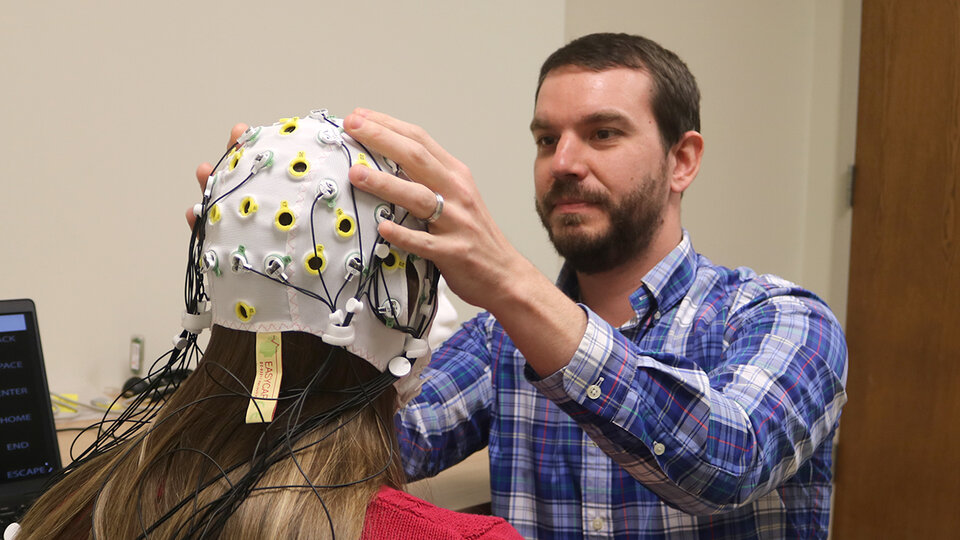The Augmentative and Alternative Communication Translation (AACT) Lab, directed by Kevin Pitt, Ph.D., CCC-SLP, is dedicated to advancing communication access for individuals who use augmentative and alternative communication (AAC). The lab's research focuses on the development of brain-computer interface (BCI) technologies, alongside the integration of artificial intelligence (AI), and user centered design, to help create more intuitive, flexible, and emotionally responsive AAC systems.
At the core of the AACT Lab’s work is the commitment to bridging innovation with clinical practice, aiming to create AAC systems that are both technically advanced and user centered. The lab explores how personalization, symbol design, emotion-adaptive output, and other emerging technologies can enhance the usability, engagement, and accessibility of AAC systems. This includes investigating display design strategies, such as visual scene displays and the use of motion, to support communication across a wide range of users, including children and individuals with cortical visual impairment (CVI).
In addition to developing BCI-AAC technologies, the AACT Lab collaborates with interdisciplinary teams to explore the clinical integration of these systems, helping ensue they meet the practical needs of AAC users.
The lab’s work has been supported by funding from the National Institutes of Health (NIH) and the National Science Foundation (NSF), with the ultimate goal of creating cutting-edge communication tools that are tailored to the needs of individuals who use AAC.
